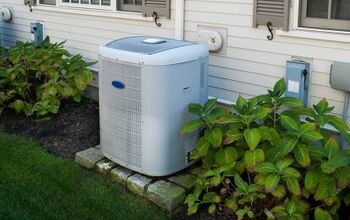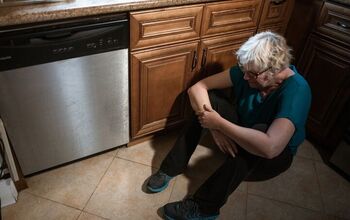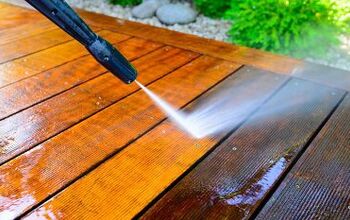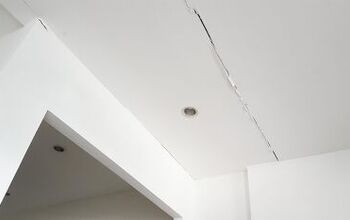How To Get Rid Of Spilled Heating Oil Odor In Concrete Basement

Heating oil is used in boilers or furnaces, which often sit in people’s basements. If there is a spill, it should be cleaned immediately to prevent damage to your home. However, even after the spill is treated, the smell of oil may remain.
Sprinkle kitty litter or sawdust on the heating oil to absorb it, or pour baking soda on the stain. Baking soda or products like Odor Kill can help remove the stain and the odor from your concrete floor. Pour laundry detergent or pure vanilla extract o the heating oil to quickly replace the odor.
Do You Need a Maid Service?
Get free, zero-commitment quotes from pro contractors near you.

Step One: Safety First
Before you get to the source of the smell itself, there are a few precautions you need to take. There are health risks associated with exposure to heating oil. In the cases of larger spills, we recommend consulting a professional or hiring a professional cleaning crew.
Take Health Precautions
Heating oils usually contain some toxic materials. The toxins can cause headaches and dizziness from short-term exposure alone, and long-term exposure has serious health risks. Ventilate your basement as best as you can to minimize these risks. Also, proper ventilation is essential for getting rid of basement odors.
Heating oil can also cause skin irritation, so be sure to wear gloves and long sleeves when in the area. For both of these reasons, you should also keep small children and pets out of the area. Adults who have breathing problems, like asthma, or sensitivities to fragrances, should also take extra care around these odors.
Prevent a Fire
The second major precaution is to minimize the risk of fire. A lingering odor of heating oil means that there is still some left behind from the spill. Until you have fully neutralized the risk, be sure to avoid any flame or spark in the basement.
This means that you should not use electric appliances or power tools to clean the area. Avoid lighting matches or candles, and turn off pilot lights on things like furnaces and water heaters.
Step Two: Absorb Remaining Oil
Odors from oil spills can definitely linger until you deal with them properly. First, though, make sure you cleaned up all the oil that was spilled before attempting to get rid of the odor. There are multiple substances you can use to soak up oil:
Floor-Dry/Oil-Dri Oil Absorbent
Head to your local hardware store and pick up a bag of one of these oil absorbents. It is made from natural materials and uses purified and calcified clay. It is very absorbent and eco-friendly.
Make sure to spread a good amount of your absorbent on the floor. Concrete can hold more oil than you think. You will know when it is fully dry when it goes back to its original color. You may need to do this a couple of times for larger spills, or ones that have sat longer.
Kitty Litter or Sawdust
Other great options that you might already have in your home are kitty litter or sawdust. Both are highly absorptive. Once the oil is absorbed, you can sweep the material right up and throw it in a heavy-duty plastic bag.
After you have cleaned up the absorbent, you will need to wash the floor. You can scrub it with dish soap and hot water. Remember to also clean any appliances or other surfaces that may have been affected. If you miss a spot, you will never be able to get rid of that smell!
Step Three: Put Out the Odor Buster
Again, there are a few different substances you can use for this. As an added bonus, you likely have most of them in your home already. Below is a chart showing these different options as well as the recommended cleaning method and time.
| Cleaning Material | Instructions for Use | Duration of Time |
| Powder Laundry Detergent | Sprinkle liberally over the spill zone. Clean by sweeping up then washing with hot water. | Leave for several days. Replace with fresh detergent if the odor is still present. |
| Baking Soda | Sprinkle liberally over the spill zone. Clean by sweeping up. | Recommended to leave out for around a week. |
| Coffee Grounds | Put out on paper plates or cardboard. Simply throw out when done. | Replace with fresh grounds daily until the smell has dissipated. |
| Odor Kill | Sprinkle over the spill zone. Sweep up and throw out when done. | Leave for several days or until it has absorbed any remaining oil. Replace if necessary. |
| Vinegar | Pour into bowls or sheet trays. Discard after use. | Replace every day until the odor has dissipated. |
| Charcoal | Open bags of charcoal and leave in the basement. Throw out when done. | Leave out for up to several weeks, if necessary. |
Laundry Detergent
Our first recommendation is a powder laundry detergent. Because its job is to get rid of oils and other stains, it does a great job on oil spills. Laundry detergent is able to pull oil off your concrete floor and break it down. It also smells great and will be easy to sweep up in a couple of days.
Alternatively, you can use a liquid laundry detergent, as well. If you go this route, you will need to wash the floor with hot water once more when you are done. Be sure to get all the detergent in order to prevent slip hazards. You can add a touch of pure vanilla extract to help combat the odor. The alcohol in the extract will also work to break down the oil.
Baking Soda
Baking soda is a frequent crowd favorite for removing odors since it is a natural odor absorber. It works by reacting with the odors in the air. This neutralizes them, rather than covering up the odor with a good smell, as some other products do.
Coffee Grounds
You can pour coffee grounds onto paper plates or cardboard. The nitrogen in the coffee grounds will absorb the odors. However, coffee grounds also do have a scent of their own. It is for this reason that many people choose baking soda instead, as it is odorless.
Odor Kill
There are a variety of fuel oil deodorizers that you can purchase for ongoing maintenance of a smelly basement. You might choose to purchase an aerosol can that you spray in the affected area. You could also purchase a powder that you pour out over the spill zone.
Vinegar
You can leave bowls of vinegar in the basement to absorb the smell. Similar to baking soda, vinegar combines with volatile components in the area and neutralizes them. The more surface area you give the vinegar, the faster these reactions will happen and get rid of the odor. Therefore, even better than leaving out bowls, you can pour a thin layer of vinegar onto sheet pans or trays.
Charcoal
As you know, charcoal is great at absorbing odors. You can purchase a large bag of charcoal at your local hardware store. Simply open the bag and leave it in the basement until the smell is fully absorbed. Please note that once you have used the charcoal for this, you must throw it out. You cannot reuse it later for your grill. Because the charcoal is absorbing toxins, it is unhealthy to reuse.
As an alternative, you could buy an activated charcoal scrub to wash the floor with. Activated charcoal is better at absorbing odors because the process it goes through makes it more porous. These small holes increase the surface area and allow the charcoal to better trap and neutralize odors.
Do You Need a Maid Service?
Get free, zero-commitment quotes from pro contractors near you.

Related Questions
Who can I call to help with lingering odors from oil spills?
If you have tried everything and the odor is still present, you should call a professional. You can reach out to your oil company for advice. Alternately, contact a professional disaster cleaning service.
What size oil spill is too big for me to deal with?
If there is a spill of more than a gallon, you should call your local fire department. They can help determine if there is an explosion hazard or if there may be health or environmental risks.

Benjamin is a freelance writer and graphic designer. He is passionate about DIY projects and finding creative ways to upcycle things headed for the landfill. Based in Oakland, CA, Benjamin enjoys playing guitar and gardening.
More by Benjamin Panico



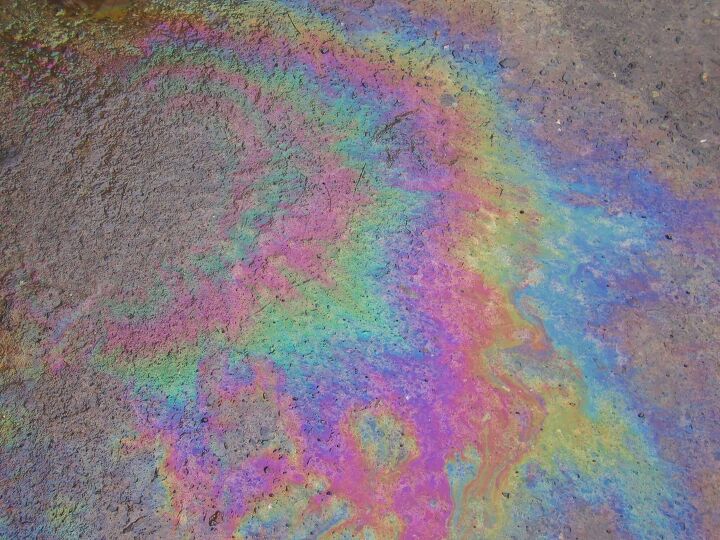







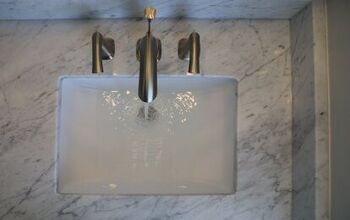
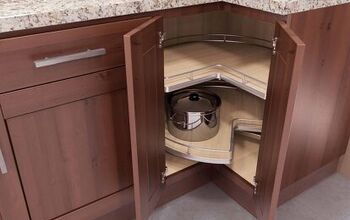
![The 10 Best Table Saws - [2022 Reviews & Buyer's Guide]](https://cdn-fastly.upgradedhome.com/media/2023/07/31/9070645/the-10-best-table-saws-2022-reviews-buyer-s-guide.jpg?size=350x220)





